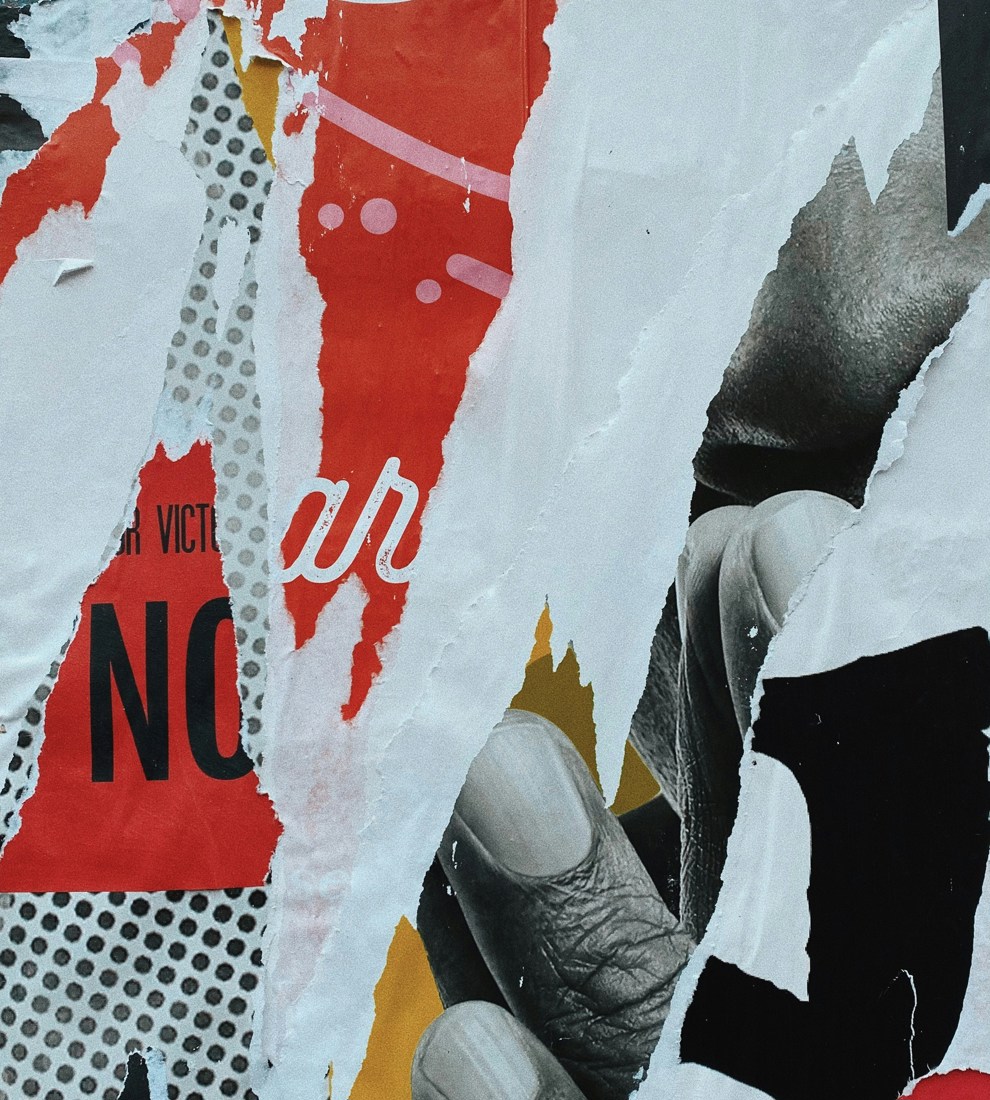The European Competition Network (ECN), which brings together the European Commission and the national competition authorities of all EU member states, put out a joint statement on March 23 on the application of competition law during the Covid-19 crisis.
The short version is:
- Competition law already takes account of market circumstances.
- There will be no repercussions if you are cooperating to avoid shortages (also, this kind of cooperation would be legal anyway – think Art. 101(3) efficiencies).
- The situation we are in should not be exploited i.e. hiking up prices on essential products that are in short supply.
- For all of the manufacturers out there, you can go ahead and set maximum retail prices to keep distributors honest.
This is all sensible stuff. But, there are some bolder calls out there too, on both sides of the fence:
- The Open Markets Institute, a think-tank, has called for a temporary prohibition on all large mergers, endorsed by the former chief economist of DG Comp Tommaso Valletti.
- Others have criticised the intervention on high prices. They argue that it will lead to shortages and rationing and will blunt incentives for getting more product into the market.
So, what should competition policy look like in a crisis like this? Here are some initial thoughts from an economist’s point of view.
Should we press the pause button?
Open Markets wants a ban on any takeover by firms with more than $100m in annual revenue. One reason it gives is that authorities might struggle for capacity. Sure enough, in Europe DG Comp has already signalled that it does not want firms to notify new mergers at the moment for capacity reasons (including the capacity of third parties to respond properly to market investigations). Fair enough. We all need to make adjustments to what is possible at the moment.
But the think-tank is going further. It is asking not just for a delay, but for a more fundamental policy shift:
“The history of the Panic of 2008 and the subsequent Great Recession instructs us that such a massive, uncontrolled consolidation will result in the unnecessary firing of millions of employees, the unnecessary bankrupting of innumerable independent businesses, a dramatic slowing of innovation in vital industries such as pharmaceuticals, and a further concentration of power and control dangerous both to our democracy and our open commercial systems”
It is ironic how the best crisis response seems to be one which would have previously been unpalatable and would have had no backing pre-crisis…
Major economic catastrophes can, in theory, be like forest fires. They are enormously damaging, but also present an opportunity for growth and renewal. This is sometimes referred to as the “cleansing effect” of recessions: less productive and less efficient firms exit the economy, to be replaced by their more efficient and more productive rivals. But that’s pretty high economic theory. In the real world, without proper support, perfectly good firms can go under through lack of credit or sheer bad luck. That’s why super-active macroeconomic policy like we’re seeing at the moment makes a lot of sense.
But one shouldn’t go overboard and start vetoing what would be quite natural adjustments even in normal times. Companies fail or are inefficient. Allowing those firms, their people and their assets to be taken over by a survivor makes perfect sense – and it’s one way of stabilising the economy without leaving a massive cheque for the taxpayer to pick up.
Of course, a crisis shouldn’t be an opportunity to permit unbridled concentration of economic power. But competition authorities aren’t about to let that happen anyway. They are, by and large, staffed by those lucky folk who can do their work from home (European Commission IT infrastructure permitting).
But what about all that evidence-gathering? Some of us believe that authority decisions are already too long, and already involve collecting too much data and documentation. Why not use the crisis to make some sensible readjustments in the name of pragmatism? That might be one Covid-19 inheritance (like a bit more working from home) that we all decide to hang on to post-crisis.
Pragmatism on process might also be a good idea if the economic crisis deepens. Regulators who move too slowly might risk the viability of firms that are in serious financial distress. So perhaps authorities should also be saying more about how they will deal with the failing firm test. It’s known for being a very hard standard to meet in normal times and almost always needs the extra time and cost of a Phase 2 investigation. Again, perhaps a bit more pragmatism would make sense in 2020.
Should we punish high prices?
On March 23, Andrea Coscelli, freshly re-appointed chief executive of the UK CMA, said “our immediate priority is Covid-19 and we will be monitoring market developments to enable us to intervene as quickly as possible, if needed. Ultimately, consumers must be at the centre; people expect regulators to stand up for them and that’s exactly what we are going to do.”
The CMA, like the ECN, has issued a stark warning to firms trying to exploit a crisis by ramping up prices. Meanwhile, free-market think-tanks like the Cato Institute have railed against such measures for interfering with basic economic mechanisms:
“[W]hat we have here is good old supply and demand – the desire for these products is surging, while in the short term supply is relatively constrained. In this environment, price rises play a useful role in deterring over‐purchasing and hoarding, whilst encouraging more supply to be brought to market in future. Sharp, for example, has reoriented a TV factory to producing face masks. We’d get much more of this, or companies working overtime to meet the new demand, if there was clear profit signal to do so.”
Again, the risk is that one allows high economic theory to get in the way of common sense. Yes, the price mechanism is important for making supply match demand. But get real. The opportunities to exploit shortages without making any meaningful contribution to the supply side are also huge. And where firms have modified their production facilities to meet shortages (e.g. a brewery in Germany that has started mass-producing hand sanitiser) they haven’t done so in response to price signals. They have been an act of humanity.
However, what should be made clear is that big price rises don’t automatically equate to exploitation. In times of shortage, getting enough product to market by boosting supply will mean higher prices – costs will rise as less efficient means of supply come online. I fear that encouraging manufacturers to impose maximum retail prices might put a squeeze on retailers at the very time when we all want open, fully stocked shops a lot more than we want a price freeze. Retailers too will incur rising costs when they are working through the night to keep the nation fed.
Do competition authorities need emergency powers?
Regulators have been talking big about how they will crack down on exploitation during the crisis. The importance of this communications strategy shouldn’t be understated. I know from personal experience that the CMA’s message in the UK has already reached the local Facebook and WhatsApp groups covering our little corner of west London. Some locals are already gearing up to report their shops for doubling the price of eggs.
But the CMA and others are only talking about proactively using their existing powers. Whilst threatening an investigation is a potentially powerful tool, is it enough? Equally, do we really want to spend a lot of time after the crisis on lengthy probes picking over the bones of who did what to whom? The OFT’s dairy investigation comes to mind.
Here is just one thought for consideration. A parallel measure whereby:
- competition authorities are granted temporary powers to compel firms to cease and desist from certain conduct (for example, for the next six months) and agree that any conduct which is halted will not later be subject to fines; and
- alongside this, a time-limited guarantee to firms that any conduct which they declare to their competition authority will also be immune from fines for the duration.
That way, firms would have the incentive to let their authority know what they are up to (in order to earn immunity) and authorities would have the powers they need to quickly put a stop to exploitation without the prospect of having to conduct a lengthy investigation down the track.
Overall, it is important to find ways of adapting our system so that everyone can move quickly in a crisis. And, to use a phrase much deployed at the moment, ensure that no one is punished for doing the right thing.








